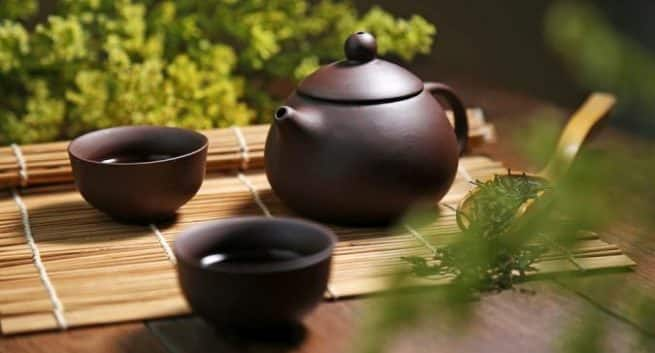
With a lot of healthy herbal teas available, teas are one popular healthy beverage option. As well as other health advantages of tea, numerous studies have shown also proven that teas improve extra by helping the production of bile, saliva and various gastric juices that aid digestion. This is the reason some people prefer drinking tea right after a meal. However, its not all types of teas help improve digestion. Here are a couple teas that aid digestion. Examine.
Ginger Tea[1]
Abundant in antioxidants and ingredient gingerol, ginger tea is well recognized to help soothe excessive acidity. This herbal tea helps improve digestive functions and movements. It even helps eliminate constipation and bloating.
Chamomile Tea[2]
Chamomile tea has amazing effects on excessive flatulence and indigestion that may surprise you. This sedative tea might help relax your stomach muscles and help relieve through constipation too.
Senna Tea[3]
This laxative tea has become consumed for a long period to lose constipation which is able to relax digestive muscles promote smooth bowel movements. Senna tea is a tasty method to improve overall gut health.
Peppermint Tea[4]
Peppermint tea speeds up the flow of bile along with digestive juices in your body. This will make it easier for your food to feed the intestines, making peppermint tea on with the favourites of us suffering from constipation. Beat acidity while using anti-inflammatory properties rich in this tea.
Turmeric Tea[5]
Curcumin, the ingredient in turmeric, is abundant in antioxidant and may also alkalize the gut. This will help to counteract acid refluxes and other grounds for inflammation with your gastrointestinal system.
Which you are your favourite? Tell us inside the comments section below.
References:?
Khan, N., & Mukhtar, H. (2013). Tea and Health: Studies in Humans.?Current Pharmaceutical Design,?19(34), 6141C6147.
[1]?Ali, B. H., Blunden, G., Tanira, M. O., & Nemmar, A. (2008). Some phytochemical, pharmacological and toxicological properties of ginger (Zingiber officinale Roscoe): evaluation recent research.?Food and chemical Toxicology,?46(2), 409-420.
[2]?Benner, M. H., & Lee, H. J. (1973). Anaphylactic respond to chamomile tea.?Journal of allergy and clinical immunology,?52(5), 307-308.
[3]?Ba?gel, S., & Erdemo?lu, S. B. (2006). Resolution of mineral and trace elements in a few medicinal herbs and also their infusions consumed in Turkey.?Science of your Total Environment,?359(1), 82-89.
[4]?Ravikumar, C. (2014). Review on weight loss.?Journal of Pharmaceutical Sciences and Research,?6(5), 236-238.
[5]?Gupta, S. C., Patchva, S., & Aggarwal, B. B. (2013). Therapeutic Roles of Curcumin: Lessons Learned from Clinical studies.?The AAPS Journal,?15(1), 195C218. http://doi.org/10.1208/s12248-012-9432-8

